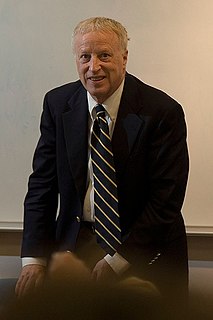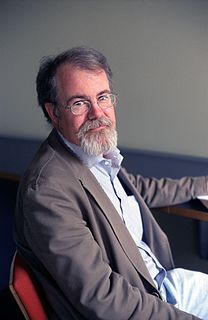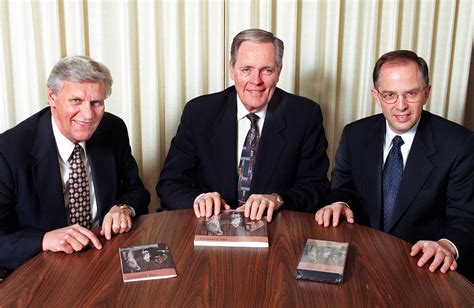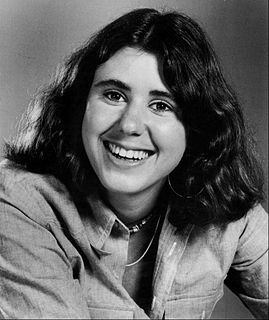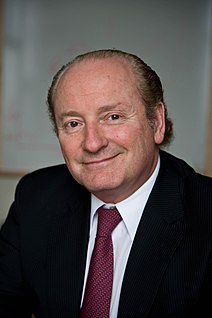A Quote by George Akerlof
In the late 1960s, the New Classical economists saw the same weaknesses in the microfoundations of macroeconomics that have motivated me. They hated its lack of rigor. And they sacked it.
Quote Topics
Related Quotes
It seemed to me that had Haydn lived to our day he would have retained his own style while accepting something of the new at the same time. That was the kind of symphony I wanted to write: a symphony in the classical style. And when I saw that my idea was beginning to work, I called it the Classical Symphony.
Peter Montiel has long set the highest standard for lucid textbooks on the macroeconomics of developing countries. Now in this new edition of his superb classic Macroeconomics in Emerging Markets, he has surpassed even himself. He uniquely fills the gap between rich-country-obsessed macro- and micro-obsessed developing-country analysis. No student of the macroeconomics of development will henceforward be able to do without this book.
The first time I saw Douglas Sirk was in college. I didn't encounter him on the late, late, late show like a lot of people; people a little older than me, maybe. But I saw him already as someone to take special note of in an academic context in college. I was immediately in a state of visual splendor.
To lack confidence is to have feelings of low self-worth. We are preoccupied with our weaknesses, and we lack faith in the Lord's ability to use those weaknesses for our good. We do not understand our inestimable worth in the eyes of God, nor do we appreciate our divine potential. Ironically, both pride and a lack of self-confidence cause us to focus excessively on ourselves and to deny the power of God in our lives.
